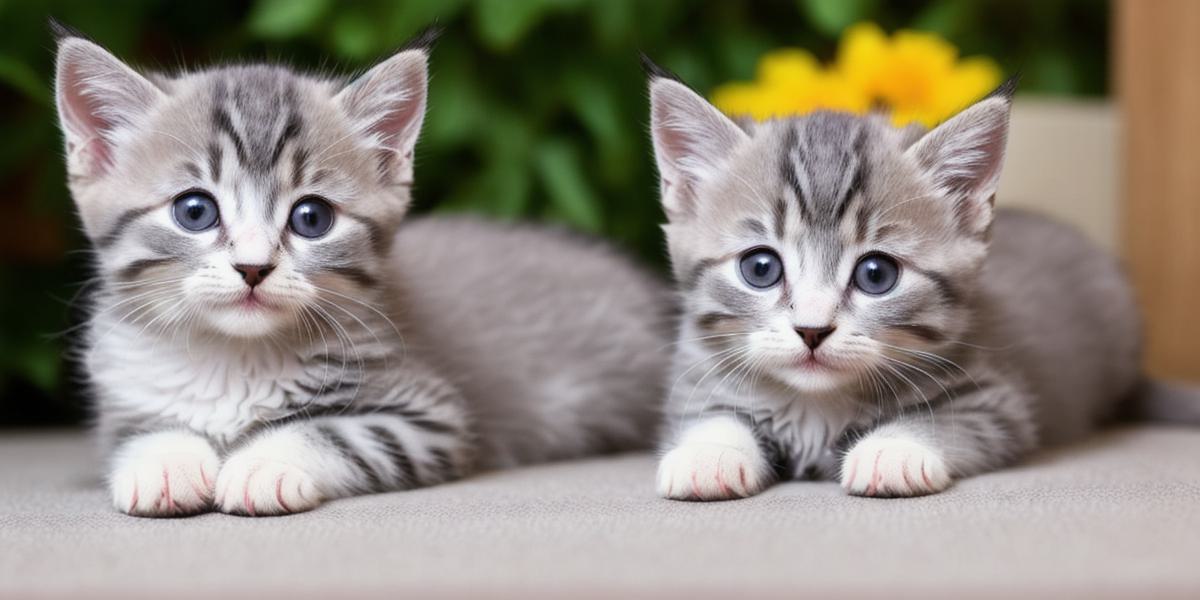# How Much Should You Vaccinate Your Kitten in NZ?
If you’re a new kitten owner in New Zealand, one of the most important things you can do to keep your furry friend healthy is to get them vaccinated. But with so many different vaccinations available, it can be confusing to know exactly how much you should vaccinate your kitten. In this article, we’ll take a closer look at the recommended vaccination schedule for kittens in NZ and why these vaccinations are so important.
The Recommended Vaccination Schedule for Kittens in NZ
In New Zealand, the recommended vaccination schedule for kittens is as follows:
- First dose of feline herpes virus (FHV) and calicivirus vaccine at 6-8 weeks old
- Second dose of FHV and calicivirus vaccine at 12-16 weeks old
- Third dose of FHV and calicivirus vaccine at 16-20 weeks old
- First dose of feline immunodeficiency virus (FIV) vaccine at 12-16 weeks old
- Second dose of FIV vaccine at 24-32 weeks old
It’s important to note that these vaccinations are not a one-time event and should be continued throughout your kitten’s life. Adult cats should also receive an annual booster shot of FHV and calicivirus vaccine.
Why Are Vaccinations So Important for Kittens?
Vaccinations are a crucial part of keeping your kitten healthy. They work by preparing your kitten’s immune system to fight off diseases that could be dangerous or even fatal. Without vaccinations, your kitten could become sick from these diseases and spread them to other animals, including humans.
Some common diseases that can be prevented through vaccination include Feline Herpes Virus (FHV), Calicivirus, Feline Immunodeficiency Virus (FIV), and Rabies. FHV and calicivirus are highly contagious viruses that can cause respiratory infections, while FIV can weaken your kitten’s immune system and make them more susceptible to other diseases. Rabies is a deadly disease that can be transmitted through the saliva of infected animals, including dogs, cats, and bats.
By getting your kitten vaccinated, you can protect them from these dangerous diseases and ensure their long-term health and wellbeing. It’s also important to remember that vaccinations are not just for your kitten – they can also help prevent the spread of disease to other animals and humans in your community.
Real-Life Examples of Vaccination in Action
One great example of the power of vaccination is the successful eradication of rabies from New Zealand in the 1920s. Before this, rabies was a common cause of death for both animals and humans. However, after a concerted effort to vaccinate animals, including cats, the disease was finally eliminated from the country.
Another example is the successful control of feline herpes virus (FHV) outbreaks in New Zealand. In recent years, there have been several FHV outbreaks in the country, but by vaccinating kittens and adult cats, veterinarians have been able to effectively manage these outbreaks and prevent further spread of the disease.
Expert Opinions on Vaccination for Kittens
According to Dr. Rachel Hogan, a veterinarian with the RSPCA in New Zealand, "Vaccinations are an essential part of keeping your kitten healthy. They protect your kitten from a range of dangerous diseases and can help prevent the spread of disease to other animals and humans."
Dr.
